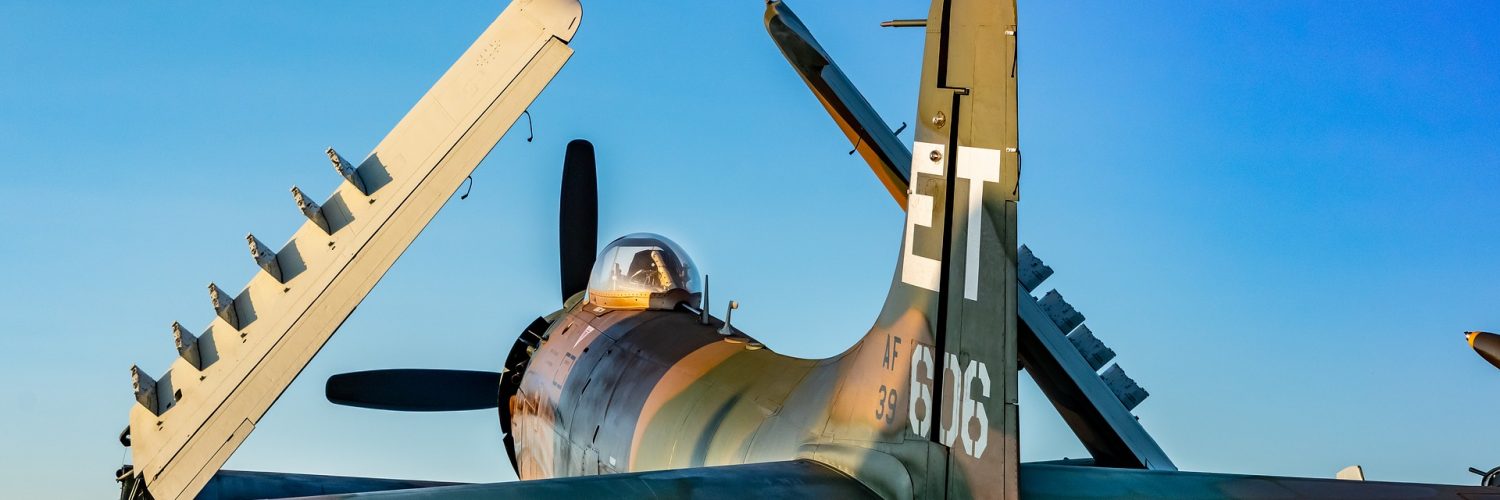The American wing of London-based research company PwC puts out a list every year giving high marks to countries and states for their role in aerospace engineering. The old standbys were spotted on this year’s list, released in September, such as Texas, Georgia, and Washington, known for its production of Boeing’s commercial aircraft. Also on this year’s list, coming in at number four is Arizona, which caught the eye of PwC for its robust aerospace and defense manufacturing.
“Arizona continues to be attractive for aerospace manufacturing, with an ideal climate for aircraft testing and space observation, good transportation infrastructure and business-friendly tax policy,” said PwC in its report.
The rankings took into account a number of factors including labor, infrastructure, economy, cost and tax policy, all doing gangbusters here in the state. The report also gave Arizona high marks for industry size and modest costs, such as labor and energy.
“Arizona is currently experiencing an exponential technology innovation curve,” says Dawn Grove, Chairman of the Arizona Manufacturers Council. “Having technology leaders like Intel located here further strengthens the aerospace and defense industry, as aerospace and defense companies necessarily have always been early adopters of technological and digital advancements.”
PwC also looked at the attractive labor force in Arizona, as well as skilled education, and advanced education when determining where to place the state on their list. Demand for commercial aviation, as noted, is on the rise globally and production of aircraft has jumped 50 percent in the past five years. With these record levels, the industry needs to be able to build support to keep growth moving upward and onward. The outlook for defense contractors is strong the reported noted, as U.S. defense budgets have increased.
Established aerospace companies with ties and roots to other states are also helping Arizona’s cause. AQST Space Systems, a Puerto Rico-based company that focuses on making rockets for small satellites, uprooted its headquarters to Mesa recently and is on the docket to hire more than 125 employees over the next few years.
What’s more, companies like Raytheon, Honeywell International, General Dynamic, Boeing and Northrup Grumman all help strengthen Arizona’s ties to the industry.
“These aerospace companies are locating and thriving in Arizona for many reasons—a skilled workforce with manufacturing and aerospace experience, pro-business regulatory environment that encourages innovation, nearly constant clear sky conditions for optimal testing and training and overwhelming support for our US military,” says Grove.
All combined, more than 1,200 aerospace and defense supply-chain enterprises operate in Arizona. This has opened the door to more than 55,000 employees operating in the industry daily—from engineers to accountants, rocket scientists to researchers—and a hefty export tally of 13 percent for the state in 2017.
The industry is seeing a surge in generating not only interest, but major bucks. The U.S. brought in more than $240 billion in aerospace/defense last year, as reported by PwC. Everything from size of aerospace to a healthy GDP combined to give it a boost.
So, where does this all lead for the industry in Arizona? Well, literally up in the air as commercial aircraft demand will continue to soar in other parts of the world with a rising demand, such as in Asia. But affordability in the state, along with a great pipeline of skilled workers, will create an attractive landscape.
“Arizona has a relatively affordable cost of living, one of the most advantageous tax policy structures in the US, and Arizona’s talent pipeline of skilled workers dwarfs most other states,” says Grove. “ASU alone, awarded #1 in Innovation, boasts over 77,000 on campus students, with another 44,000 at U of A, and another 33,000 at NAU. Plus, many of Arizona’s community colleges joined together to create a unified manufacturing curricula.”
















Add comment